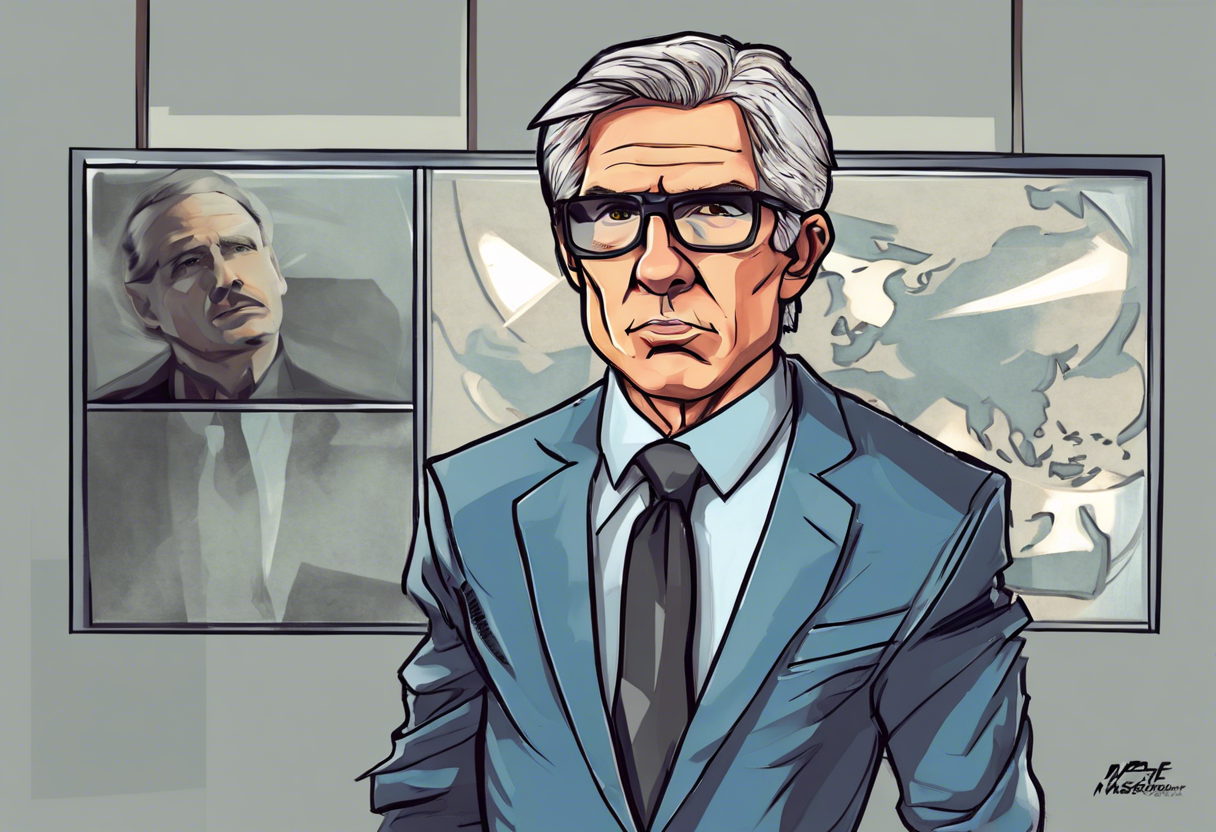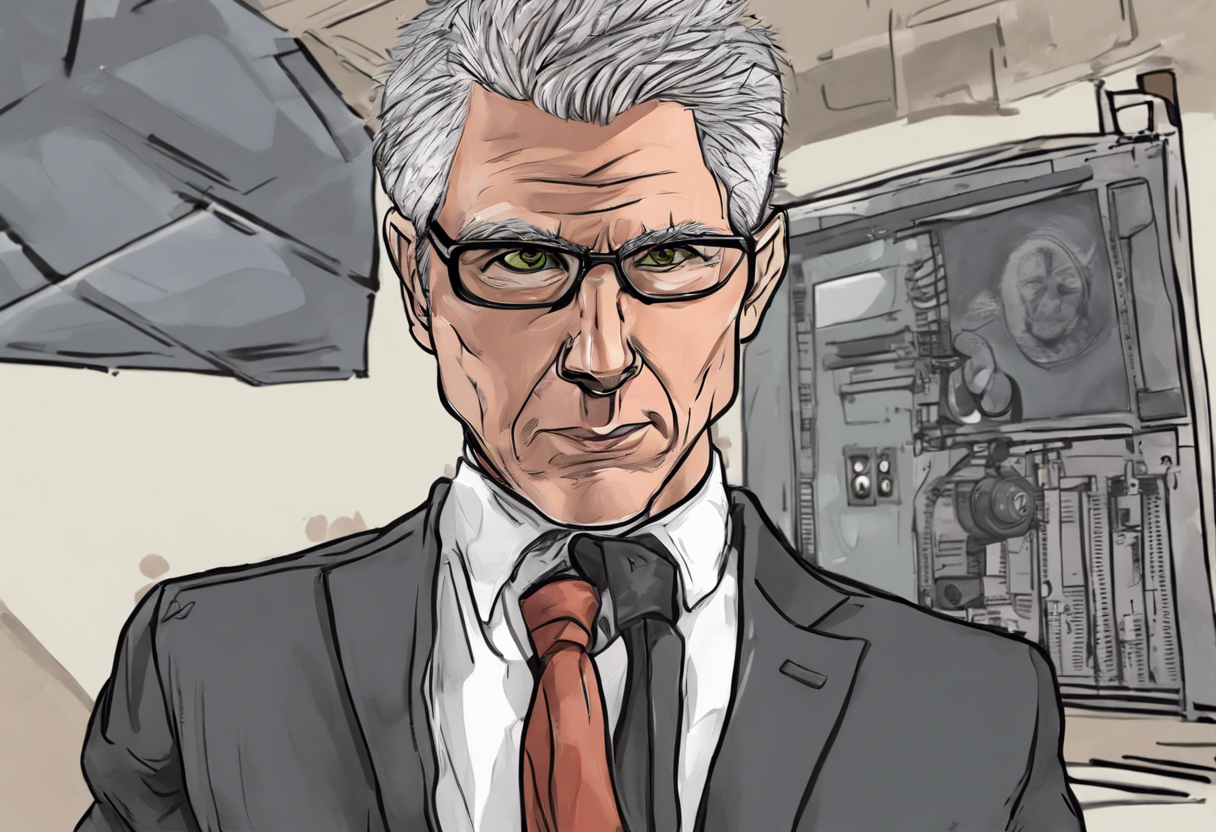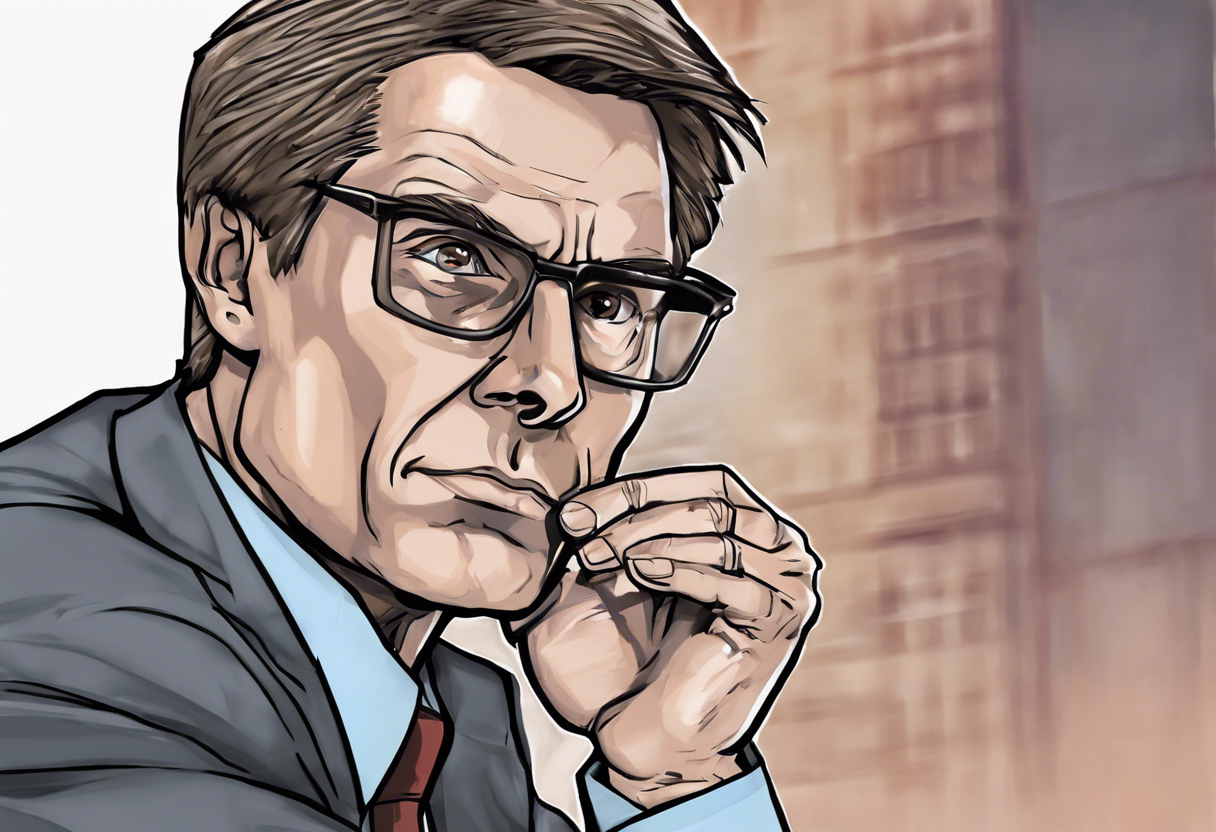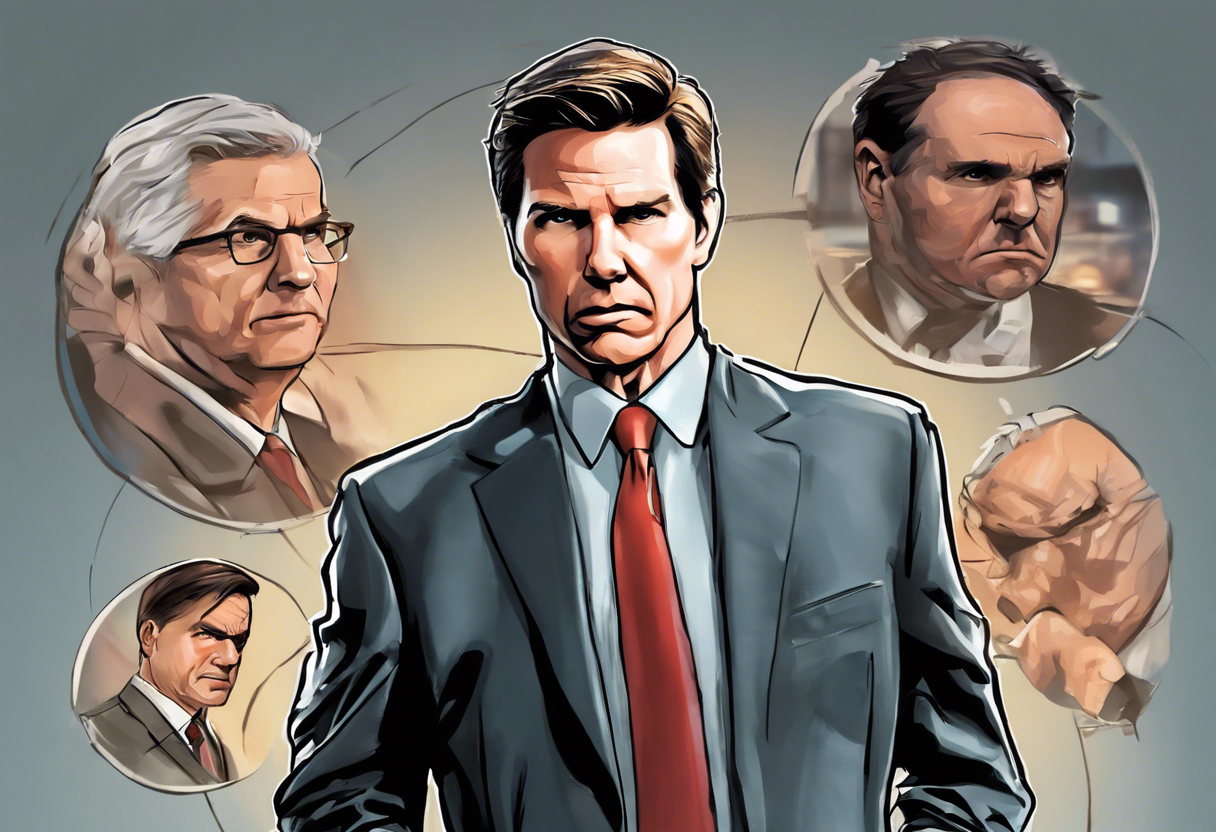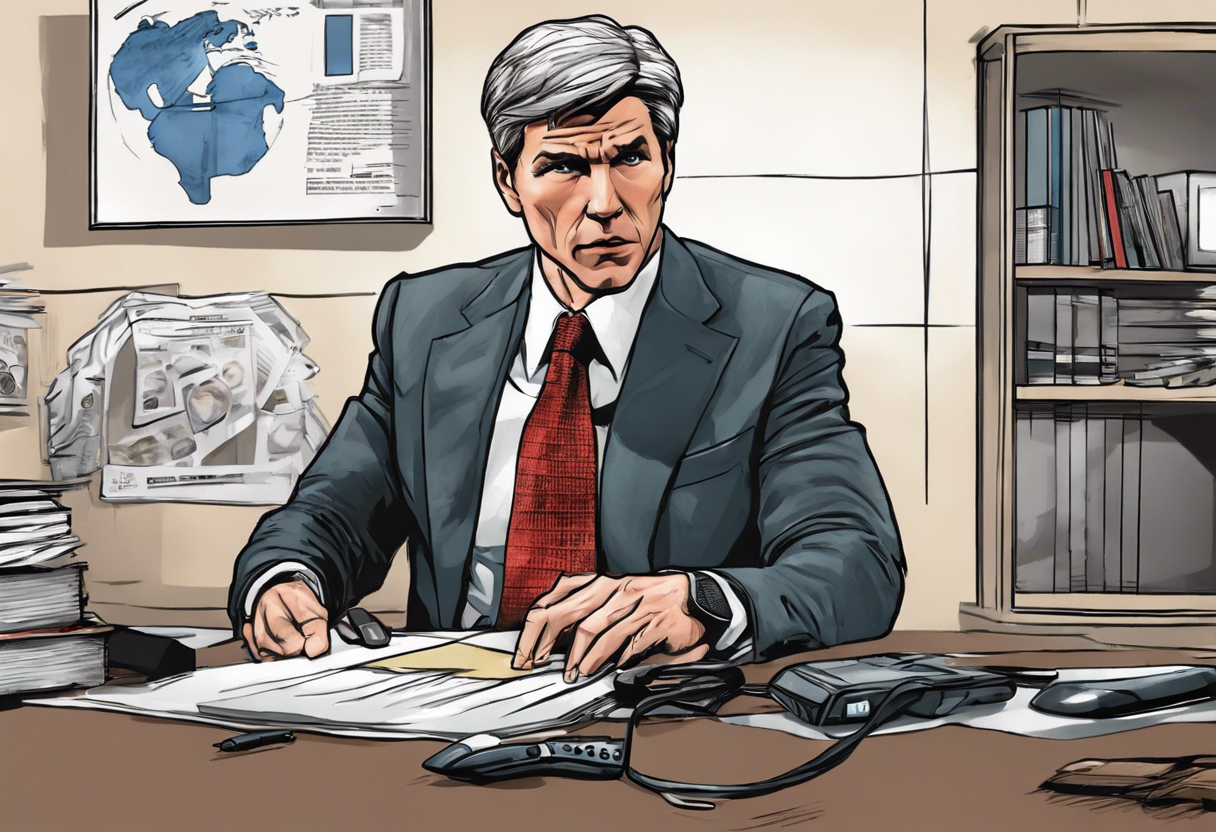The IMF Director in the Mission: Impossible Franchise
Introduction
The IMF Director is a pivotal character in the Mission: Impossible film franchise, playing a crucial role in the narrative and the operations of the Impossible Missions Force (IMF), a secret government agency. The character’s creation and evolution are deeply intertwined with the franchise’s success, drawing from the original Mission: Impossible television series but adapted to fit the cinematic universe.
The IMF Director is not a single character, but rather a series of characters who have led the IMF throughout the franchise. Each director brings their own unique backstory, defining traits, and approach to leadership, influencing the storyline and the relationships between characters. This diversity in leadership reflects the dynamic nature of the IMF and its adaptability in a rapidly changing global landscape.
The significance of the IMF Director lies in their ability to shape the missions and the moral compass of the IMF. They often find themselves at the center of conflicts, making critical decisions that impact the entire team and the global community. The character’s connections to prior literature and media are evident in the espionage genre, drawing parallels with other iconic spy series and films.
Role in the Story
Eugene Kittridge
In the first Mission: Impossible film, Eugene Kittridge, played by Henry Czerny, is the director of the IMF. Kittridge wrongly accuses Ethan Hunt of being a mole, leading to a series of events that drive the plot of the film. After his initial appearance, Kittridge disappears from the scene, only to reappear in Mission: Impossible – Dead Reckoning Part One, where he is once again at the helm of the IMF and plays a crucial role in recruiting Ethan Hunt for a new mission [1][5].
Unnamed Director
In Mission: Impossible – Ghost Protocol, Tom Wilkinson portrays an unnamed director of the IMF. This character makes a brief appearance, briefing Ethan Hunt on the IMF’s disavowal following the bombing of the Kremlin. This director’s role is pivotal in setting the stage for the team’s rogue mission to clear their name [1][4].
Alan Hunley
Alan Hunley, played by Alec Baldwin, becomes the director of the IMF in Mission: Impossible – Rogue Nation. Initially, Hunley advocates for the disbandment of the IMF due to its controversial methods, but later becomes a key ally for Ethan Hunt. Hunley’s tenure is marked by his evolving relationship with Hunt, from adversary to trusted leader. He plays a significant role in both Rogue Nation and Mission: Impossible – Fallout, until his death at the hands of August Walker [1][4].
Theodore Brassel
Theodore Brassel, played by Laurence Fishburne, is the IMF director in Mission: Impossible III. Brassel enlists Ethan Hunt to apprehend the main villain, Owen Davian. His leadership style and trust in Hunt are crucial in the success of the mission [4].
Other Directors
Other notable directors include Swanbeck in Mission: Impossible II and an unnamed assistant director in Mission: Impossible who betrays Hunt and orchestrates a plot to justify a military invasion [2][4].
Character Analysis
The IMF Directors are complex characters with diverse personalities, motivations, and leadership styles.
Eugene Kittridge
Kittridge’s character evolves significantly from the first film to his reappearance in Dead Reckoning Part One. Initially, he is portrayed as a strict and somewhat paranoid leader, but later, his character shows a more nuanced side, revealing a deeper understanding and respect for Ethan Hunt. His motivations are driven by a desire to protect the IMF and its agents, even if it means making tough decisions [1][5].
Alan Hunley
Hunley’s transformation from an antagonist to a trusted ally is a highlight of his character. His initial skepticism and later trust in Ethan Hunt reflect his growth as a leader. Hunley’s motivations are rooted in his duty to the IMF and the country, but he also develops a personal respect for Hunt’s abilities and integrity [1][4].
Theodore Brassel
Brassel’s leadership is marked by his confidence in Ethan Hunt and his team. He is a no-nonsense director who understands the risks involved in IMF missions but trusts his agents to get the job done. His character adds a layer of stability and trust within the IMF, which is crucial for the team’s success [4].
Themes and Symbolism
The IMF Directors embody several themes that are central to the Mission: Impossible franchise.
Trust and Loyalty
The relationship between the IMF Directors and Ethan Hunt often revolves around themes of trust and loyalty. Characters like Hunley and Brassel exemplify how trust can be built over time, even in the face of initial skepticism or adversity. This theme highlights the importance of teamwork and trust in high-stakes missions [1][4].
Power and Responsibility
The IMF Directors hold significant power and responsibility, making critical decisions that impact global security. This power dynamic is often explored through their interactions with Ethan Hunt, who challenges and sometimes defies their authority. This theme underscores the delicate balance between authority and individual initiative in achieving mission objectives [1][5].
Adaptation and Evolution
The changing leadership within the IMF reflects the need for adaptability in a rapidly changing world. Each director brings a new perspective and approach, symbolizing the IMF’s ability to evolve and respond to new challenges. This theme is crucial in maintaining the franchise’s relevance and freshness over multiple installments [1][4].
Cultural Impact
The IMF Directors have had a significant cultural impact, contributing to the franchise’s enduring popularity.
Fan Reception
Fans of the franchise have responded positively to the various IMF Directors, appreciating the depth and complexity each character brings to the story. The evolution of characters like Hunley from antagonist to ally has been particularly well-received, showcasing the franchise’s ability to develop compelling characters over time [1][4].
Portrayal in Adaptations
The IMF Directors have been portrayed by renowned actors, including Henry Czerny, Alec Baldwin, and Laurence Fishburne. These performances have added to the characters’ credibility and appeal, making them memorable figures in the franchise. The casting choices reflect the franchise’s commitment to quality and authenticity [1][4].
Influence on Popular Culture
The IMF Directors have influenced other works in the espionage genre, setting a standard for complex and dynamic leadership characters. Their portrayal has also contributed to the public’s perception of intelligence agencies and their operations, often blurring the lines between fiction and reality [2].
Critical Reception
Critics and audiences have had varied but generally positive reactions to the IMF Directors.
Praise
Critics have praised the performances of the actors playing the IMF Directors, noting their ability to bring depth and nuance to their roles. The character development, particularly in the case of Alan Hunley, has been highlighted as a strength of the franchise [1][4].
Controversies
Some critics have argued that certain directors, like Kittridge in the first film, were too one-dimensional or overly villainous. However, these criticisms are balanced by the overall positive reception of the characters and their contributions to the narrative [1][5].
Varying Interpretations
Audiences have interpreted the IMF Directors in various ways, some seeing them as symbols of authority and others as complex characters with their own motivations. This diversity in interpretation reflects the richness of the characters and the franchise’s ability to engage audiences on multiple levels [1][4].
Legacy
The IMF Directors have left a lasting legacy in the world of espionage films and beyond.
Enduring Appeal
The characters’ enduring appeal lies in their complexity and the dynamic relationships they have with Ethan Hunt and other characters. Each director’s unique approach to leadership and their personal growth over the series have made them memorable and relatable figures [1][4].
Relevance in Contemporary Discussions
The IMF Directors continue to be relevant in contemporary discussions about leadership, trust, and the ethics of intelligence operations. Their portrayal in the films provides a lens through which audiences can examine these themes in a compelling and engaging way [1][5].
Inspiration for Other Works
The IMF Directors have inspired other works in the espionage genre, influencing the creation of similar characters in films and television series. Their impact on popular culture is evident in the way they have become archetypes for leadership roles in action and spy thrillers [2].

